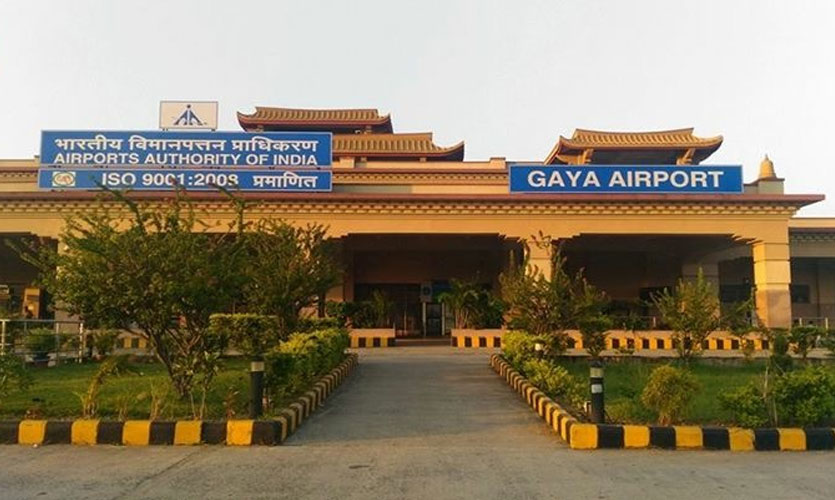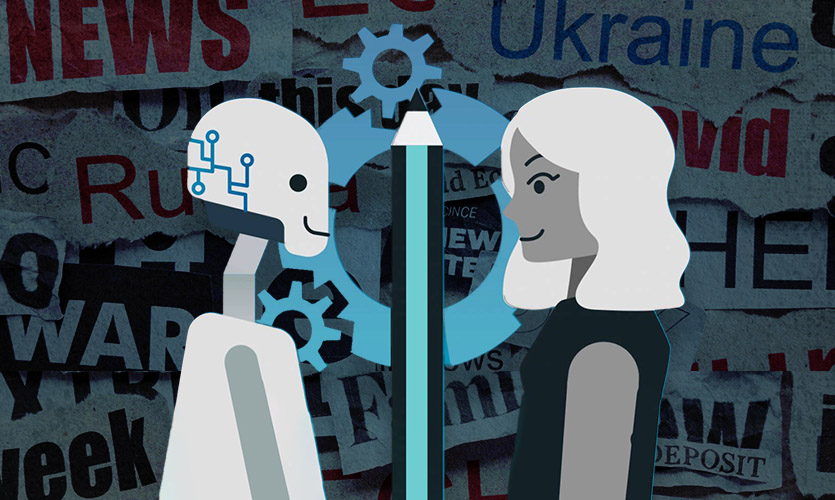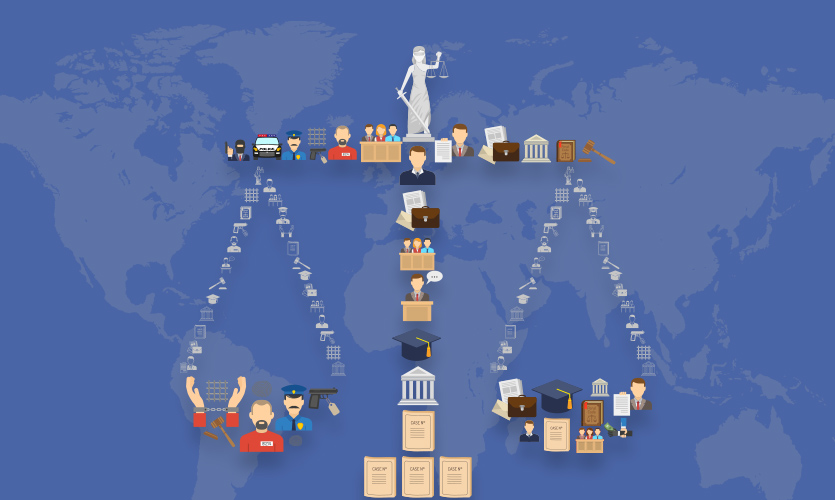A parliamentary panel recently objected to the code ‘GAY’ assigned to the Gaya International Airport. It requested the Centre to change the code name, stating that the city is considered holy by many Indians. ‘YAG’ was suggested as an alternative by the panel because the existing code is “inappropriate and embarrassing”. The request was turned down by the Union Civil Aviation ministry stating airport codes cannot be modified or changed unless there is a “justifiable reason primarily concerning air safety”. Despite this, the objection brings forth the stark reality the country’s omnipresent problem with the LGTBQ+ community.
Decriminalisation of section 377 was a historic move, but how far has acceptance come in terms of LGBTQ+? At the time of ruling, the Chief Justice of India, Dipak Misra said, “The LGBTQ community has the same fundamental rights as citizens. The identity of a person is very important and we have to vanquish prejudice, embrace inclusion and ensure equal rights”. However, when it is about religious practices, everyone identifying themselves as part of the LGBTQ+ community becomes an outcast. On one hand, social media is decorated with heartwarming tales of gay marriages and successful coming out stories that gain traction.
However, upon closer examination there exists a harsh reality, in the form of abusive, mocking comments, blatant rejection of the idea of choosing one’s sexuality or instances where a remote connection with sexuality makes everyone uncomfortable. In fact, after the landmark Section 377 judgement, RSS leader Arun Kumar termed it as “unnatural,” reflecting the mindsets of our leaders.
Even Indian cinema mocks ‘feminine’ men, often labeling them gay – a classic insult at the expense of gays and eunuchs or straight men who are at peace with their feminine side. This comes as quite a shock when one examines the history and the number of ancient Indian texts which depict homosexual experiences as natural. Even the Kamasutra and Khajurao sculptures recognise same sex relationships. Ancient India had a safe space for homosexuals and transgenders, which is why many historians assert that criminalisation of homosexuality was a colonial happening, and gradually filtered the Indian mindsets.
A recent study suggests that India ranks 82nd among 150 countries in terms of safety for LGBTQ travellers. While it isn’t an extremely bad ranking, statistics cannot justify the discrimination faced by the queer community since years. Bills and laws can only do so much unless they are accepted at the core of our social structure. Incidents like the Gaya Airport are harsh reminders of the fact that the fight for queer rights is a lengthy battle.
Read more: How Are Trans Persons To Acquire COVID-19 Relief Funds Without Ration Cards?










